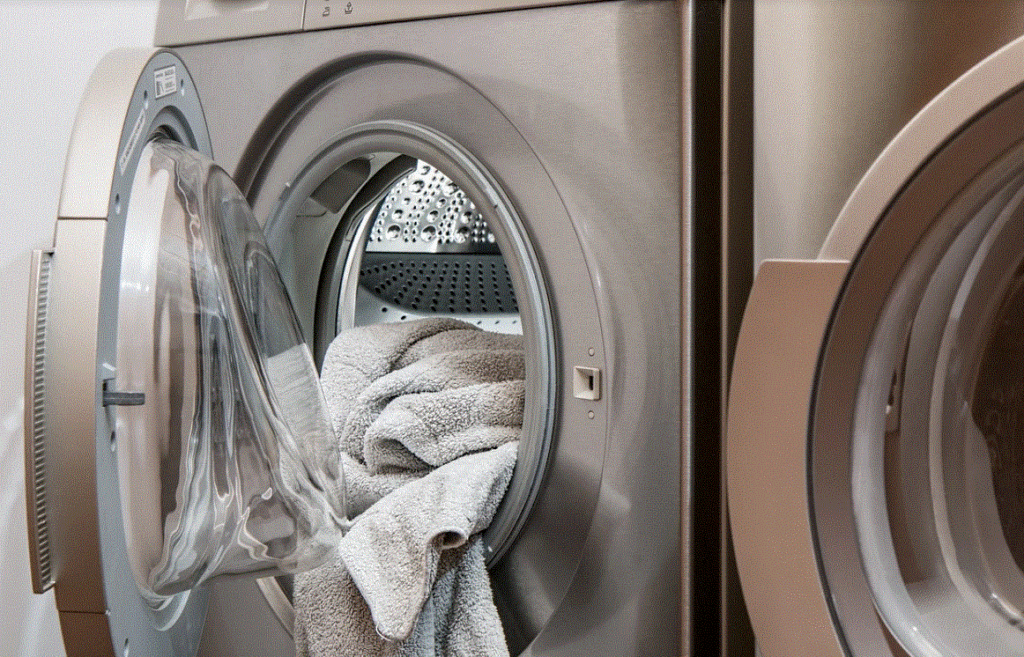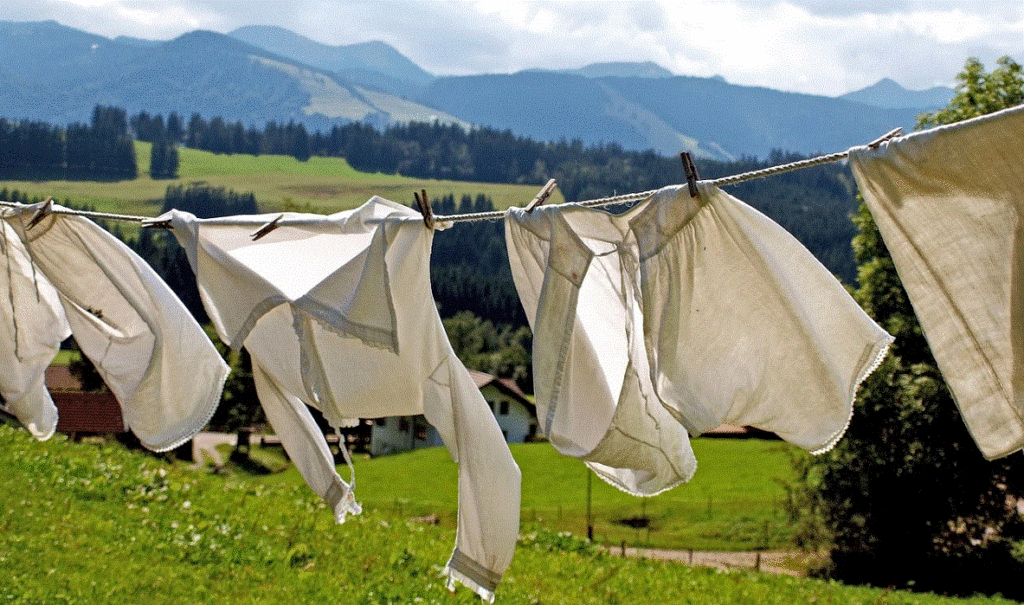
Every family should think about saving money. The more money you save, the better it will be for everyone. You’ll have some spare cash to go towards essential family purchases or some extra cash to save for your kids.
Therefore, you should start a small savings plan and aim to reduce your spending every month. For me, one great way of doing this is by looking at where lots of money gets wasted. Naturally, my mind wanders to the energy and water bills. They can be astronomical in a busy household, and it’s something you can address. Obviously, there are lots of ways you can save energy around the home. We all know the common tips: turn off the lights, put your heating on a lower setting, etc. Still, I think there are smarter ways to save money by looking at high-energy consuming things and how you can reduce energy consumption. That’s a fancy way of saying: what uses the most energy and how can you stop this.
This brought me to the idea of washing your clothes. A washing machine can use up lots of energy as it is on for a good few hours each time. Plus, you use up hot water as well, so the water bill goes up. In a busy household, you might wash clothes every couple of days – not to mention towels, bedding, and more. So, if you can save energy when washing clothes, you will save a lot of money every month. If you still find that your water bills are high, or even rising, you may have a leak in your water line, therefore, a water line replacement may be needed. Warning signs of this include rust-colored water coming out of your faucets, low water pressure, and wet spots in your garden.
Now that the introduction is out of the way, let’s look at what you can do:
Wash some things by hand
Your immediate response to saving energy is that you don’t need a washing machine at all. If you wash everything by hand, you will save so much money. True, but it takes a lot longer. Imagine trying to wash your clothes, your partner’s, and your children’s – it would take all week! You have things to do, which is why washing machines are so handy.
Instead, think about washing some things by hand instead of putting them in the washing machine. This can include smaller items – like underwear and socks – or possibly clothes that need to be worn. You could check this guide on how to hand wash clothes before trying it out, if you’re not used to the process. Hand wash some clothes for a few days and you will likely get better at it. Doing small loads by hand can reduce the total number of loads your washing machine deals with every week. That could save a few hours of ‘on time’ for this device, which adds up to energy and money savings!
To help you out, here’s a short video explaining how to wash clothes by hand properly:
Get an Energy Star appliance
Energy Star washing machines are appliances that are designed to be more energy-efficient. I believe they use 25% less energy than standard washing machines – along with 33% less water. Right away, this will save a fortune on washes over your lifetime. If you have an old washing machine, you could use so much unnecessary energy! You don’t need to use that much as machines exist that are 25% more efficient. So, it makes sense to make an investment in a good washing appliance.
I’m by no means a washing machine expert, but I do suggest choosing a trustworthy brand that still makes plenty of appliances. A brand like Fisher and Paykel suits this description as they have lots of washing machines to choose from. In turn, this means it’s easy to get your hands on Fisher and Paykel spare parts if your machine has any issues. Other brands include Bosch, Samsung, and Logik – all of these have lots of options and you can find the spare parts easily.
Use the Eco settings
You can go one step further with your energy-efficient washing machine: use the eco settings. All modern washing machines will have a setting that basically washes your clothes, like your delicate thong panties in the most economical settings possible. This means the water is cold, and the entire cycle lasts as short as it can. The end result is a selection of clean clothes that required very little energy to wash.
Personally, I wouldn’t do this with heavily soiled clothes as it won’t always get the stains out. But, for ones that just need a quick wash, it will save so much energy and money. Oh, and if your washing machine doesn’t have this setting, you should be able to create it yourself. Turn the temperature down, reduce the spin cycle, and set it to the shortest time allowed.
Fill up your washing machine
Did you know you might be filling your washing machine completely incorrectly? If you are filling your washing machine all the way to the top, then that’s wrong. Likewise, if it’s half full, that’s also wrong. The correct way to load a washing machine is three-quarters full.
What’s this got to do with saving energy? Well, load it less than this and you’ll need to wash more frequently. A washing machine uses the same amount of energy regardless of what’s inside it. So, three-quarters full can get through fewer washes and save more money.
Ah, so why don’t you fill it all the way? Well, it means all the clothes are clumped together and there’s no space. This often leads to them smelling horrible and damp as the water has nowhere to go and doesn’t drain properly. As a result, you may need to re-wash them, which would waste energy and money.

Avoid a dryer as much as you can
I’ll keep this last point short and sweet: avoid a dryer. Dryers consume lots of energy and are rarely needed. Hang your clothes on a washing line or get an airer that you can use inside. The only reason you should ever use a dryer is if you have too many clothes to hang up, or you need something to dry as quickly as possible.
Consider your energy supplier
Remember that you have the Power to Choose when it comes to energy suppliers. If your current supplier isn’t offering a great rate, chances are someone else will. Never be afraid to switch in order to save!
It’s quite amazing how many changes you can make to your washing habits. Likewise, it’s even more amazing how much energy these changes will save. This all adds up to some substantial savings every month. Oh, and you can cut down on water usage as well, which adds to your savings.